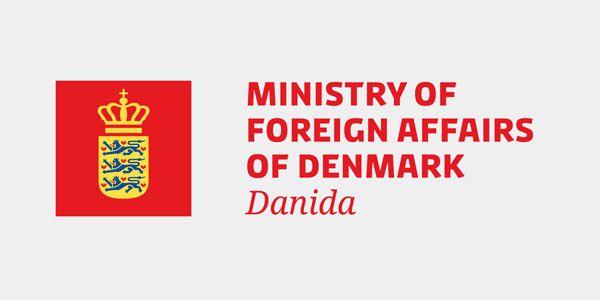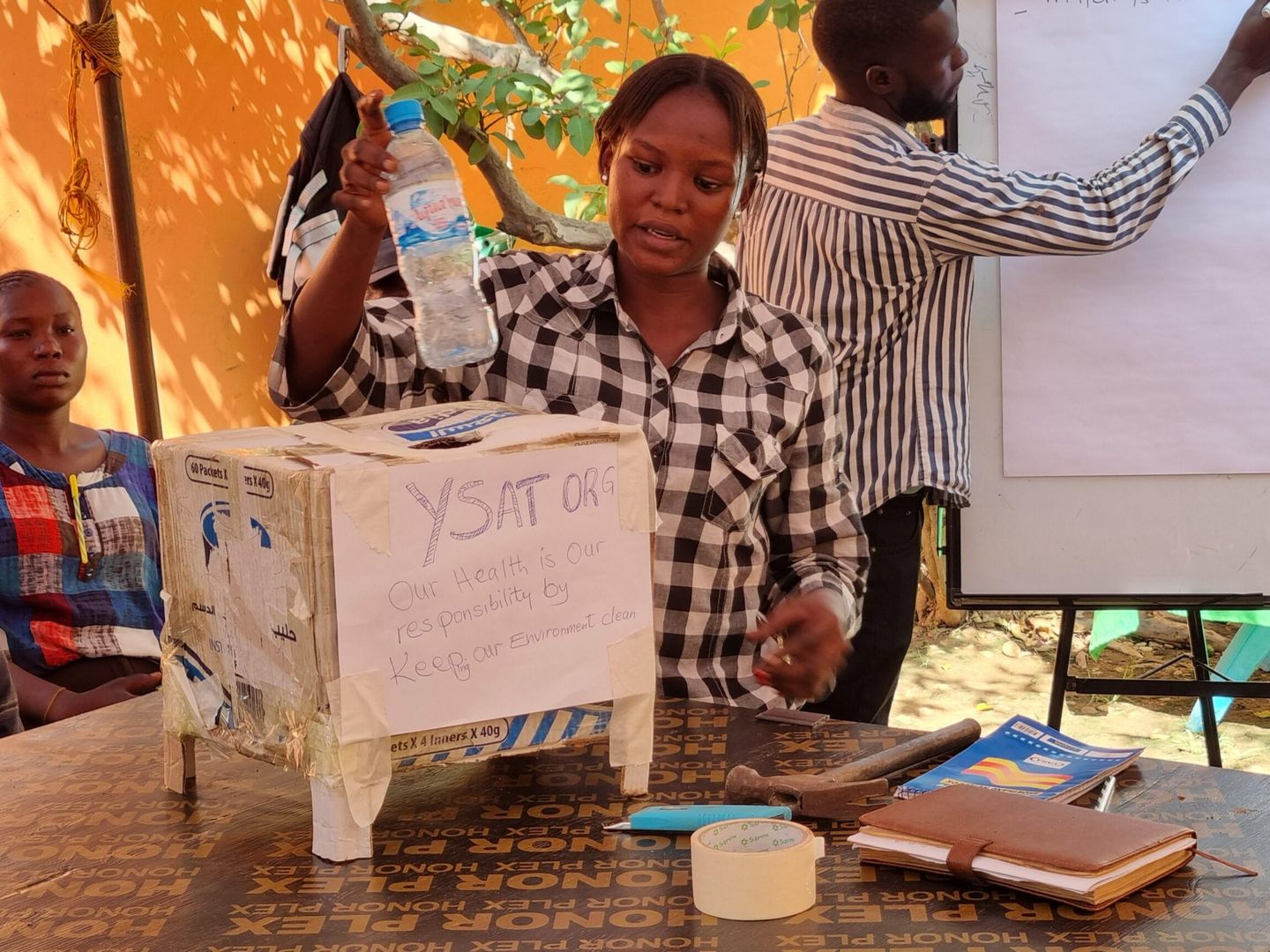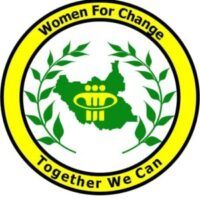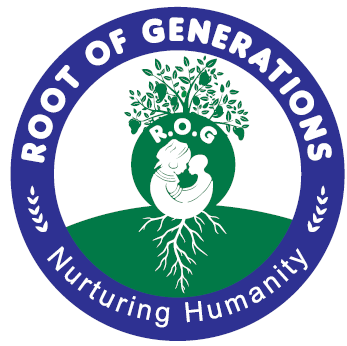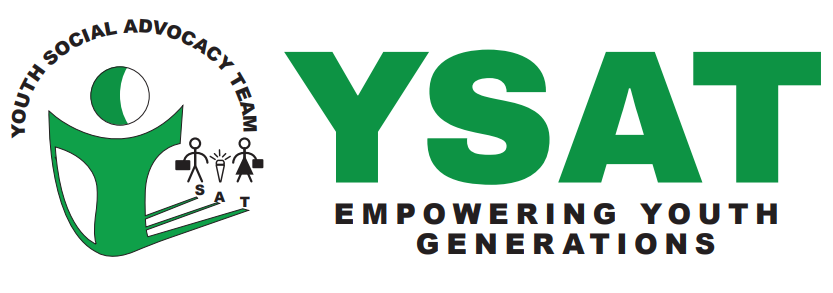The Issue
Juba, the capital of South Sudan, is grappling with a waste management crisis that has profound implications for the health, environment, and quality of life of its residents. The city’s rapid growth and urbanisation have outpaced its waste management infrastructure, leaving one- to two-thirds of solid waste uncollected. Improper disposal methods, such as open burning and illegal dumping along roads, rivers, and in uncontrolled landfills, are common.
Scale and Nature of the Problem
An estimated 73% of South Sudan’s solid waste is plastic, making it a dominant contributor to the waste stream. Improperly discarded plastic bottles clog water channels and rivers, leading to environmental pollution, flooding, and the creation of mosquito-breeding grounds that fuel diseases like malaria and diarrhoea.
The current formal waste collection system, overseen by the Department of Environment and Sanitation under the Juba City Council (JCC), is overwhelmed by the daily volume of waste. Public waste collection is primarily limited to markets and large-scale dischargers, with household waste -representing approximately 44% of the total waste – largely excluded. Sporadic service and insufficient resources, such as waste trucks and dumping sites, leave many neighbourhoods underserved. Poor road conditions and heavy rains further hinder collection efforts, especially in residential areas like Gudele, Tongping, and Gumbo in Juba County, creating unsanitary conditions and exacerbating public health risks.
Households are the primary producers of plastic waste, yet awareness about its management is low. Plastic is often burned or dumped in public spaces, leading to environmental pollution and health risks. The lack of community education and resources, coupled with limited government capacity, perpetuates this cycle of poor waste management.
Informal Sector’s Role
In the absence of adequate formal systems, an estimated 400 informal waste pickers play a critical role in reducing the waste burden. These individuals, often including children and adults from marginalised communities, collect recyclables such as metal, aluminium cans, PET bottles, and hard plastics. While their contributions alleviate some pressure on city authorities and support the recycling industry, they operate under hazardous conditions without protective gear. This exposes them to significant health risks and perpetuates stigma, as many associate waste-picking with poverty, alcoholism, or crime.

The Project
To address the pressing waste management challenges in Juba, DanChurchAid (DCA) together with national partners Women for Change (WFC), Root of Generation (ROG), and Youth for Social Advocacy Team (YSAT) has launched an innovative, community-led project. This initiative focuses on empowering communities to transform waste into value through improved waste management systems, capacity-strengthening, and awareness-raising. The project collaborates closely with key stakeholders, including the leading solid waste management company in South Sudan, EcoClean Waste Management, Juba City Council (JCC), and the Environmental Department, to identify gaps in the current waste management system and coordinate solutions that enhance both formal and informal waste collection efforts.
Empowering Communities in Gudele
In Gudele, WFC has established hygiene-promoting committees comprising informal waste pickers and community members. These committees promote waste management practices through community clean-up walks, workshops, and stakeholder consultations. Residents are educated on effective disposal methods, while waste pickers receive protective gear to ensure their safety. This initiative fosters community participation, making waste collection and management a shared responsibility. A public awareness campaign rolled out with ROG and YSAT, engages residents through radio talk shows and other media platforms, emphasising education and active involvement.
Youth-Led Action in Tongping
In Tongping, YSAT has trained Environmental Protection Champions through Creative Capacity Building, equipping youth, households, vendors, and community leaders with practical solutions to reduce plastic waste, particularly plastic bottles. As part of this initiative, three bins for plastic bottles were created and installed at strategic locations in Juba-Nabari for community use. YSAT’s public awareness campaign, featuring jingles and radio broadcasts with ROG and WFC, encourages responsible waste practices and highlights the broader impact of community-led action on creating a cleaner, healthier city.
ROG has focused its efforts on developing media content that directly addresses the mindset problem of the normalisation of waste in South Sudan. The content is co-created with influential youths in the country (comedians) with huge social media followings. The content reflects the day-to-day behavioural aspects of South Sudanese citizens in Juba and elsewhere in the country in relation to plastic disposal and management. While the content is highly educative, it is spiced with comedy to ensure high engagement. Up to 400,000 people have been reached on different media outlets including radio, national TV, and various social media outlets. The comments generated and shared by viewers are some of the key considerations for direct people reached. The media outlets also have the opportunity to share innovative ideas of other implementing partners e.g. informing people about the availability of waste bins constructed by the Environmental Champions trained by YSAT and the possible completion of a plastic shredding factory to be inaugurated by EcoClean Waste Management in early 2025.
Changing Mindsets Through Social Media Campaigns
ROG is tackling the normalisation of poor waste practices in South Sudan by producing engaging media content co-created with popular youth influencers, including comedians. By blending education with humour, these campaigns reach up to 400,000 people through radio, national TV, and social media platforms. The content highlights the importance of proper plastic disposal and raises awareness about ongoing initiatives, such as the plastic bottle waste bin installations by YSAT’s Environmental Protection Champions and the upcoming inauguration of a plastic shredding factory by EcoClean Waste Management in early 2025. Viewer feedback and comments are actively integrated to ensure the messaging resonates with the community’s needs.
The Change
The project is transforming waste management in Juba by fostering community ownership, innovation, and awareness. In Gudele, hygiene-promoting committees empower residents to improve waste disposal, leading to cleaner public spaces and healthier living conditions. Workshops and training sessions equip community members with practical waste management knowledge, while protective gear ensures the safety of waste collectors, encouraging broader participation. Public awareness campaigns are driving a cultural shift, reducing littering and pollution while enhancing environmental sustainability.
In Tongping, Environmental Protection Champions are leading innovative solutions and increasing public engagement through strategically placed plastic bottle bins. These efforts improve waste collection and recycling, fostering sustainable practices among residents.
The social media campaign, co-created with influential South Sudanese personalities, is tackling the normalisation of waste by engaging residents of Juba and beyond through relatable and humorous content. This initiative has raised awareness, changed attitudes, and inspired collective action across Juba, amplifying the project’s impact on waste management and environmental health.
Together, these interventions are paving the way for a cleaner, healthier, and more resilient Juba.

The Partners
About this project
Full title: Enhancing Community Agency to Transform Waste to Value Through Innovation. Precious Plastic Innovation Project – Juba, South Sudan
Timeline: January 2024 to December 2024
Partners: Women for Change (WFC), Root of Generation (ROG), Youth Social Advocacy Team (YSAT)
Amount: 600,000 DKK
DCA Theme: Build Resilient Communities
Number of people reached: 400,000 (most reached by social media campaigns)
Donor: Danida – DCA Innovation Fund
